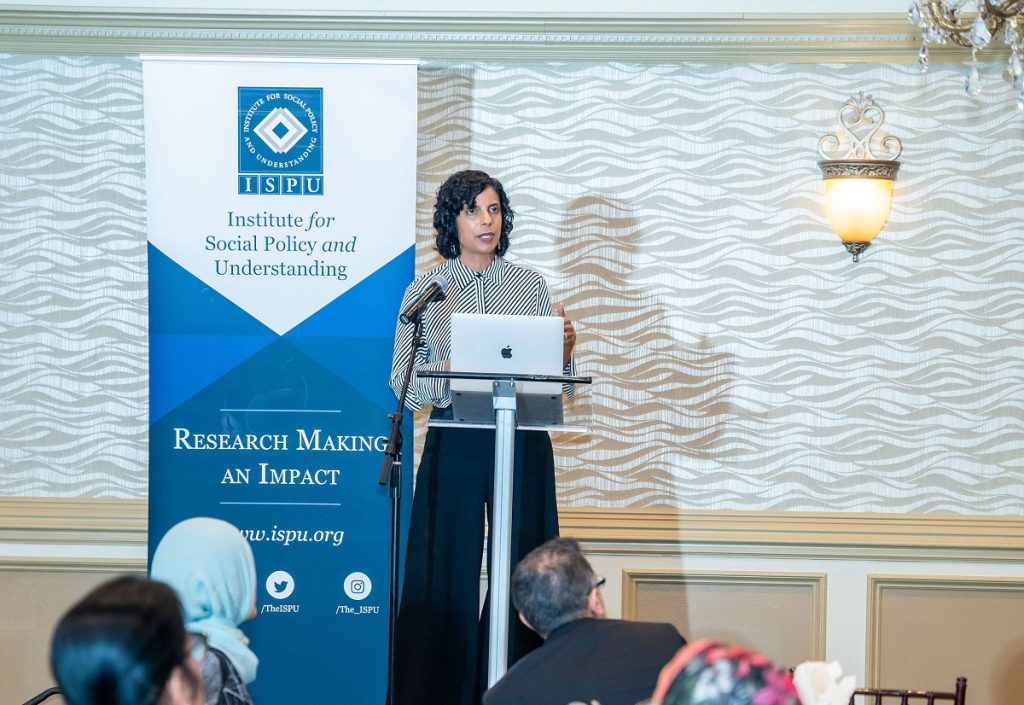Unemployment in the United States affects all communities to varying degrees, and the Muslim community is no exception. However, its impact on Muslims depends on several factors including education level, geographic location, immigration status, and professional networks.
According to research by the Institute for Social Policy and Understanding (ISPU), American Muslims tend to have similar or slightly higher unemployment rates compared to the national average, especially during periods of economic downturn. This can be linked to:
-
Discrimination and bias in hiring processes, particularly for those with visibly Muslim identities or Arabic names.
-
Immigrant adaptation challenges, such as transferring foreign credentials or improving English proficiency.
-
Industry concentration, as some Muslim immigrants work in sectors more vulnerable to economic changes, such as retail, hospitality, or small businesses.
On the positive side, the Muslim community in the U.S. is highly entrepreneurial, with many establishing small and medium-sized businesses that create jobs within and beyond their communities. Additionally, younger Muslim Americans are increasingly entering high-demand fields like technology, healthcare, and finance, which are less sensitive to unemployment fluctuations.
In short, while unemployment does affect Muslims in the U.S., strong educational achievements, growing professional representation, and community-driven entrepreneurship are helping to reduce its long-term impact.

